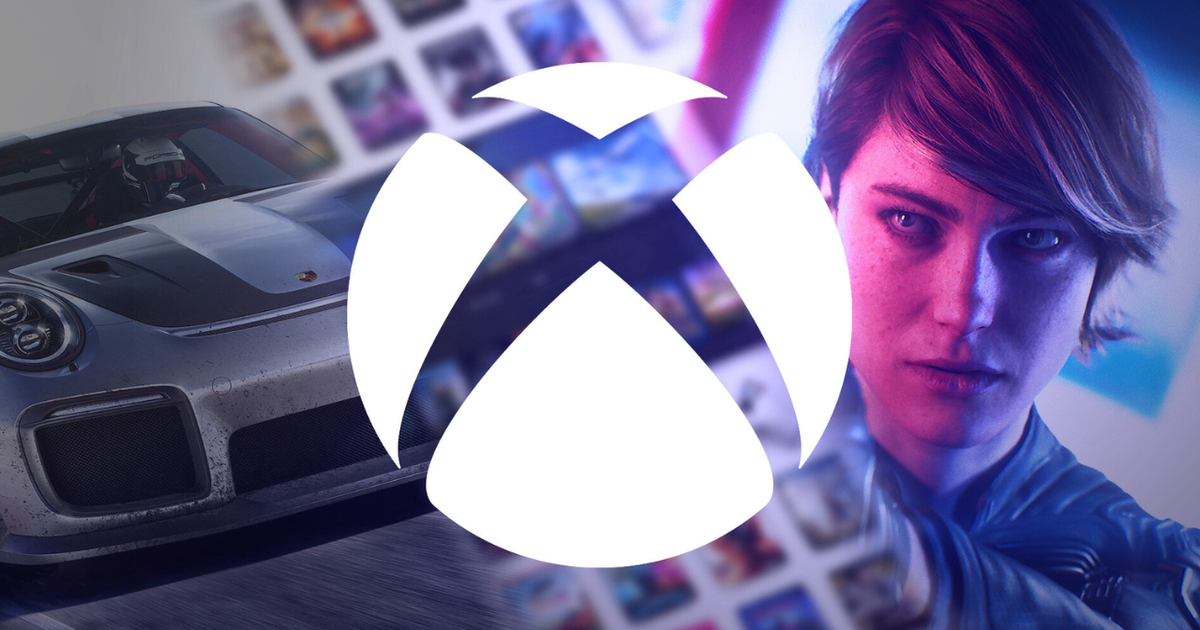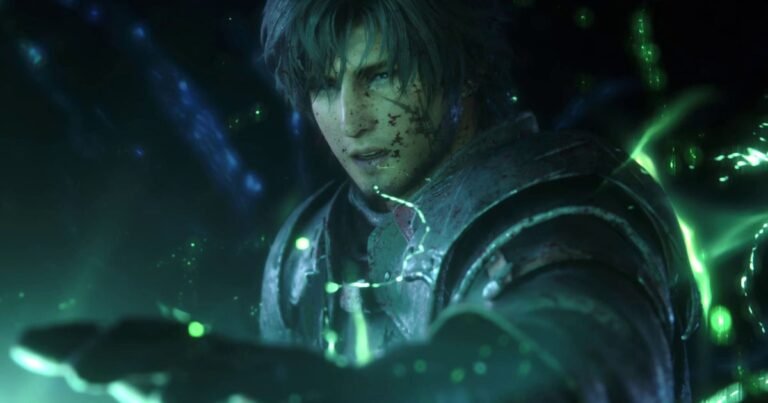
In early July, Microsoft announced a new wave of layoffs on a large scale that directly affects its gaming division. The company revealed that it will lay off about 9,000 workers, which represents approximately 4% of its global workforce. This decision is part of a broader internal restructuring process, with the aim of optimizing resources and strengthening investments in strategic areas, such as artificial intelligence. However, the most visible effects are in the Xbox Game Studios, where a significant portion of the 9,000 layoffs had an impact: studios were closed and game projects were abruptly canceled.
### Closures and cancellations
Among the closed studios is The Initiative, created to lead the ambitious reboot of Perfect Dark in collaboration with Crystal Dynamics. This game was one of the most important projects in Xbox’s future portfolio, but its production was interrupted, ending an effort that lasted several years. The closure of The Initiative not only represents the end of the project but also highlights the structural problems of the division, especially regarding the coordination between internal and external studios. Rare also lost one of its most promising games: Everwild started as a ambitious promise from Rare but ended up being canceled after years of unstable development and difficulties in defining its concept.
### Impact on studios and teams
In addition to these high-visibility cases, several unannounced projects were also canceled. One of them was an MMO in production at ZeniMax Online Studios, with the codename “Blackbird”. Internal sources say that this title was in the early production phase but was abandoned due to budget cuts. Another significant impact is on Romero Games, the studio founded by John Romero, co-creator of DOOM, which lost funding for their new first-person shooter. Consequently, the future of the studio is now in question and the game, which was supported by Xbox, has been suspended indefinitely.
Phil Spencer, CEO of Microsoft Gaming, publicly justified the decisions, stating that these measures are necessary to align the company’s structure with its strategic objectives. According to Spencer, the focus is on eliminating hierarchical layers that hinder creative agility and strengthening teams with greater potential for innovation and delivery. Despite the magnitude of the cuts, the executive assured that Xbox remains committed to producing new titles and supporting its platform, including the future release of hardware.
### A worrying pattern
However, the reality on the ground reveals a division under enormous pressure. Since 2024, Microsoft had already carried out three previous waves of layoffs affecting the gaming sector, totaling more than 2,800 jobs cut before this latest round. The accumulation of layoffs in less than two years raises serious doubts about the sustainability of the company’s adopted model, especially after the acquisition of industry giants like Activision Blizzard and Bethesda, which led to a substantial increase in the organizational size of the gaming division.
The Xbox crisis cannot be seen in isolation. Since 2022, it is estimated that more than 35,000 professionals have been laid off from the global video game industry, affecting major publishers and independent studios. In the case of Microsoft, the consequences have provoked a strong negative reaction in the creator community. Worker testimonies describe an environment of uncertainty, frustration, and demotivation, exacerbated by opaque internal communications and the perception that many projects were sacrificed without prior notice. An anonymous producer even described the situation as “a black hole that sucks everything in and spits out the bones,” alluding to how the culture of large-scale acquisitions seems to be consuming the creative ecosystem itself.
### The future of Xbox
With these changes, Microsoft is trying to reposition its gaming division in a simpler and more functional model. However, the impacts of this restructuring raise doubts about Xbox’s ability to maintain a strong creative lineup, especially after the closure of teams and the collapse of several promising projects. The focus now is on keeping key releases on track and preparing for the next generation of hardware, including the confirmed successor to the Xbox Series X/S.
As Microsoft attempts to reposition itself in the sector with a more streamlined strategy, it remains to be seen how the Xbox brand will regain the trust of its creators, partner studios, and the gaming community. The coming months will be crucial to see to what extent this internal reshuffle will bear fruit, or if it will mark the beginning of a more controlled and defensive phase for one of the most iconic brands in the video game industry.



